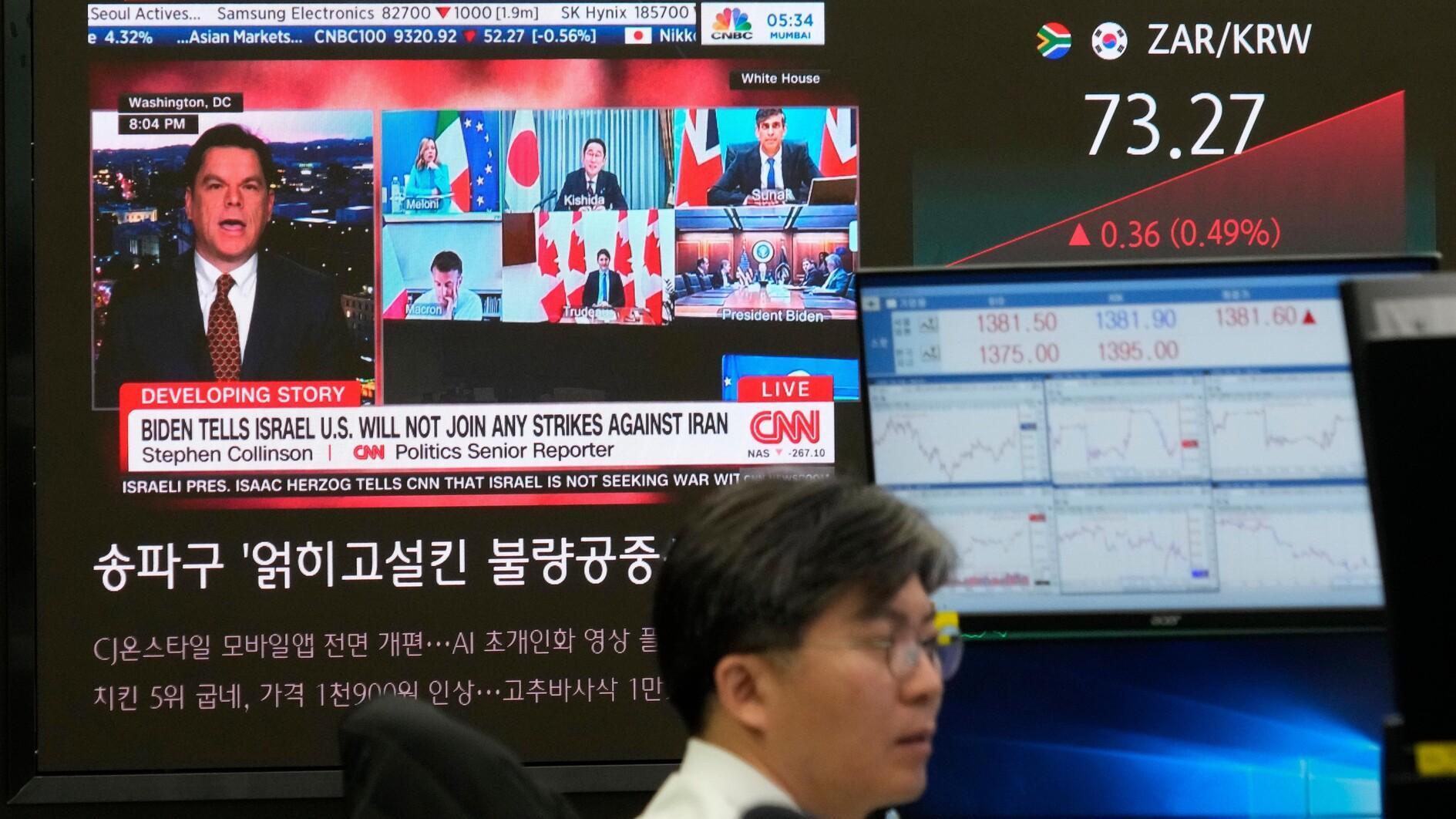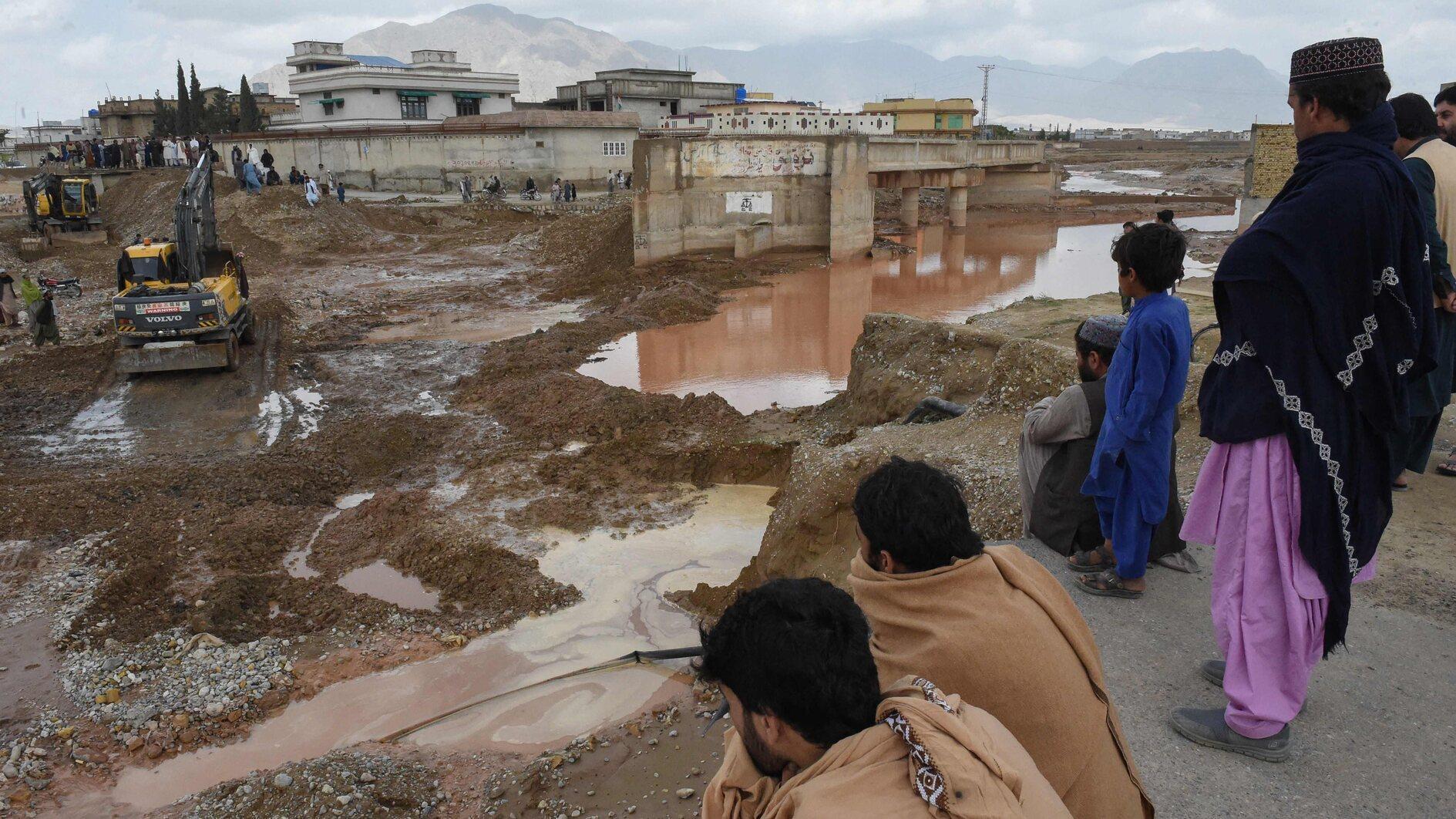Is Washington in shambles?
Are the Pentagon and the CIA at odds? And is Turkey the begetter of this confrontation?
The Turkey-backed Free Syrian Army (FSA) and the Turkish Armed Forces have been carrying out an operation in Jarablus for 10 days, mainly with the aim of preventing the foundation of a Kurdish corridor in northern Syria. But since the Kurdish People’s Protection Units (YPG) forces have refused to return to the east of the Euphrates river, which is a redline for Turkey, the two sides have found themselves in a clash with each other.
This has led to the following strange picture: The YPG, which is supported by the U.S., is clashing with another U.S.-backed group, the FSA. As is known, the Pentagon has been supporting the Kurdish forces for about two years, while the CIA has been backing the FSA along with Turkey, Saudi Arabia and Qatar since the initial phase of the Syria war.
That is why it is widely argued that these two institutions are in conflict. But is this really the case? The answer is as simple as it gets: No.
First of all, the Pentagon and the CIA are not pursuing two separate, independent policies. These are both official and political policies approved by the White House. So we cannot speak of two U.S. institutions that have found themselves in the midst of a conflict. To the contrary: These two institutions construct the two separate feet of the U.S.’s Syria policy.
More importantly, according to Washington these two groups are not equivalent. One is preferred and prioritized over the other. This is why the U.S. has shut its eyes to their confrontation.
The U.S. considers the “Syria case” to be two main parts. The first one is the eastern part of the country, controlled by the Islamic State of Iraq and the Levant (ISIL), i.e. Raqqa, and its surroundings. The second part is the rest of Syria. At the moment, the U.S.’s top priority is the fight against ISIL, (in other words, Raqqa). This is mainly because Washington evaluates ISIL as a threat to its national security, just like al-Qaeda was in the first decade of the 2000s. The second reason is that President Barack Obama aims to complete his presidency by leaving behind a legacy of having substantially “defeated ISIL.”
Because of that, the U.S. does not include Russia, Iran, the Gulf countries or Turkey in the Raqqa operation.
It takes this “operational land” most seriously and wants to wage that fight exclusively on its own.
Washington’s aim is to defeat ISIL in Syria and Iraq, (i.e. Raqqa and Mosul) at all costs and sees the YPG as the main fighting force to achieve this aim.
In short, the equation is most simple: The U.S.’s top priority is ISIL, in other words Raqqa, and that means supporting the YPG.
Having said that, the rest of Syria is subordinate and is - unlike Raqqa - not a military but a political issue. Washington considers this area to be a political process during which Russia, Iran, the Gulf countries, Turkey, the al-Assad regime, opposition groups and the Kurds will sit around the table to work out the sharing.
So in Washington’s eyes the FSA is part of this political process and is mainly a political actor taking part in the Geneva talks. Since this part of Syria is not the U.S.’s priority at all, Washington is also comfortable with the intervention of other countries.
Bassam Barabandi, a former Syrian diplomat who has been lobbying for the so-called “moderate” opposition groups, including the FSA, in Washington since 2013, says the U.S. gives the FSA “only enough support to survive.” Why it wants the FSA to survive is simple: The U.S. cannot afford to upset Turkey and its Gulf allies during this war. Plus it knows that the FSA also corresponds to Syria’s new configuration.
As for the YPG, however, Washington supports it to the extent that it can defeat ISIL in Raqqa.
According to Barabandi, the FSA has not received any aid from the U.S. during Turkey’s operation in Jarablus. “This operation will last as long as Turkey supports it. The FSA isn’t receiving any support from the U.S., Saudi Arabia or Qatar in this operation. It is only Turkey,” he says.
Barabandi emphasizes that Washington is not content with the Jarablus operation, as it has created another front for the YPG by putting it in confrontation with Turkey and the FSA. The U.S. wants the Kurdish forces to save their resources for the main Raqqa operation which, it now fears, might be postponed by the current clashes.











